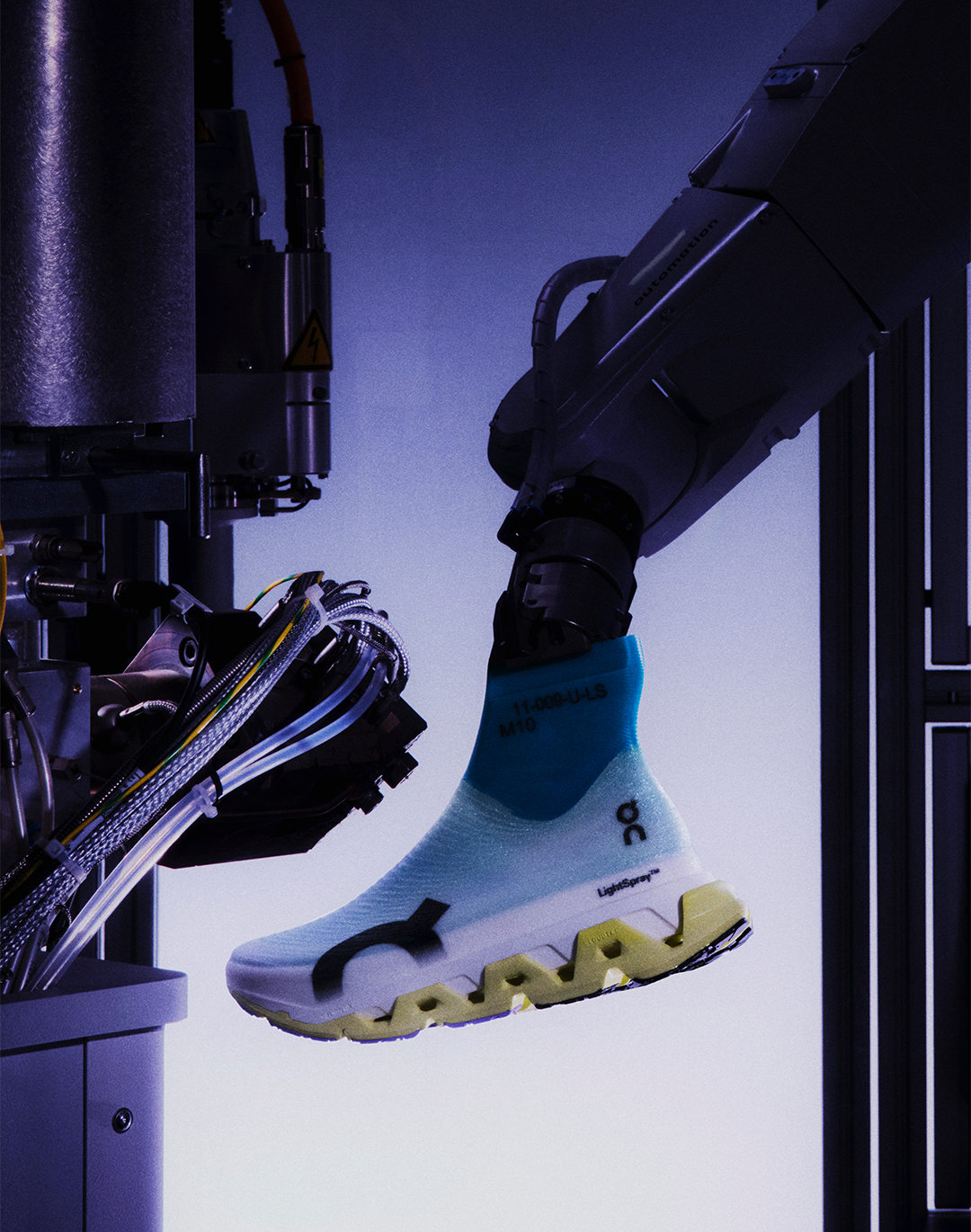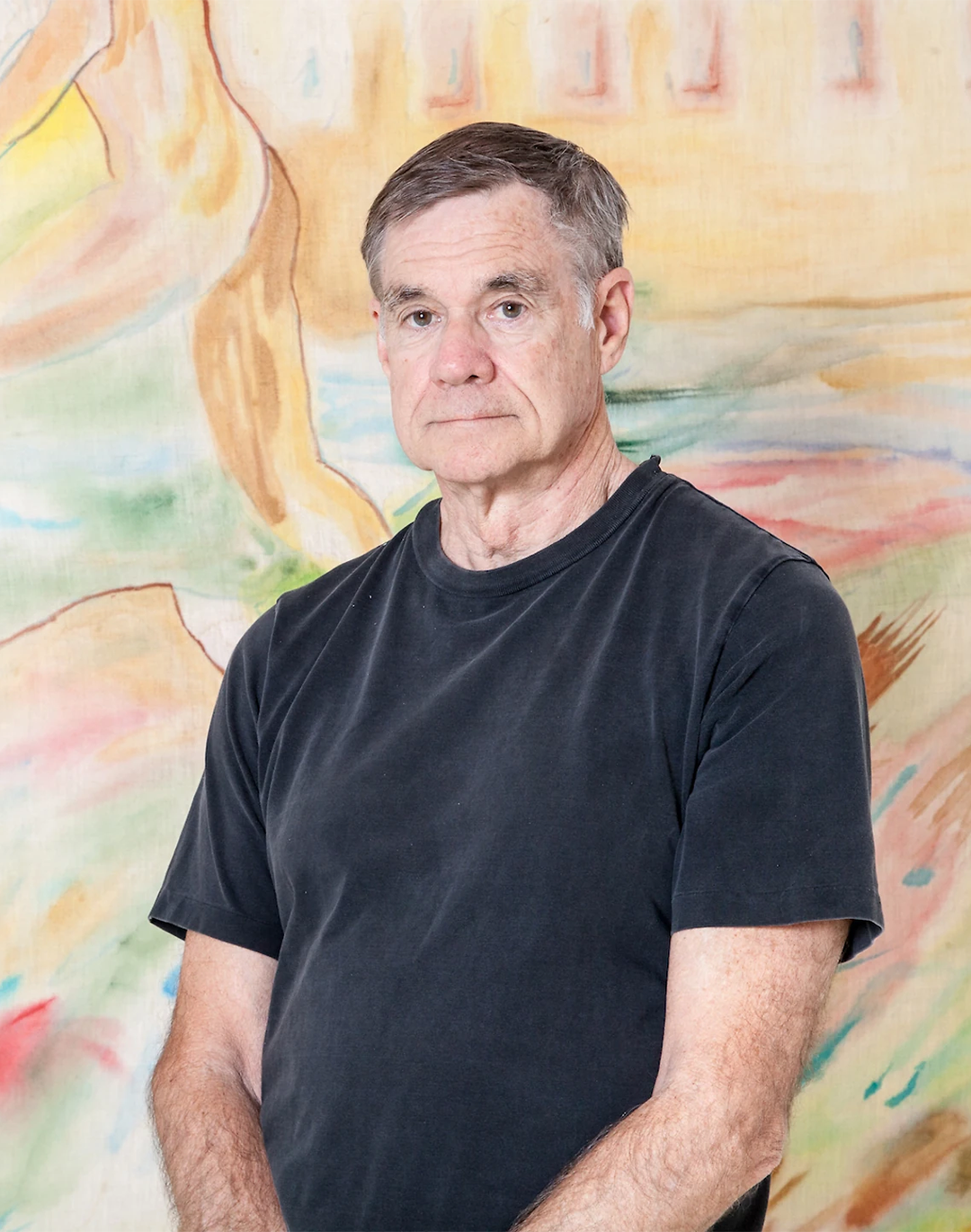
Rediscover the connection in a hyperconnected world: interview with Valerio Bassan. How can we reclaim technology?
In an era where the line between reality and digital seems increasingly blurred, the blue light from our devices and the incessant buzz of notifications fill our days in the age of hyper-connectivity. Valerio Bassan, through the pages of his new book “Riavviare il sistema – Come abbiamo rotto Internet, e perché tocca a noi riaggiustarla”, invites us to reflect deeply on the social impact of technology and the business models that govern our online daily lives. As a journalist and expert in digitalization, with a critical yet proactive perspective, Bassan guides us through the complexities of an internet that we have built but seems to slip through our fingers, focusing on the risks of an increasingly invasive attention economy. «At the heart of our interconnected society, we find ourselves facing digital inequalities that threaten to erode the very fabric of our community» Bassan states, highlighting how the issue of attention has become a much larger economic battlefield than we can imagine, comparable to a "monopoly of economics". For the author, who emphasizes how awareness and individual choices hold significant power, it is necessary to reflect on the role of users within this digital ecosystem. «We are the internet», Bassan affirms, underlining the importance of active and conscious participation in the construction of a more humane and sustainable internet. «Without people, the internet, like any technology, is empty. We are the ones who bring so much value to it». Therefore, it is pivotal to promote an ethical use of technology that puts respect for the user and the humanity of connections, often sacrificed on the altar of speed and virality, at the center.
The conversation with Valerio continues by looking at technology not as an end, but as a means to strengthen human relationships and active participation in society. «We must reclaim technology, using it to our advantage, not as a tool of alienation» the author continues. For Bassan, a return to the offline world is unthinkable, but he sees a path towards reconnecting with the essence of the internet, exploring how, in a world overloaded with stimuli, it is possible to rediscover an authentic and meaningful connection. “Riavviare il sistema – Come abbiamo rotto Internet, e perché tocca a noi riaggiustarla” invites us to reflect on using technology in a measured and conscious way, promoting digital practices that prioritize privacy, autonomy, and genuine connection between people: setting time limits for device use, critically selecting information, and adopting practices that can limit tracking through ad blockers or more transparent browsers are just some of the suggestions in the publication. «There are small steps in my opinion that also start with things like using an ad blocker... of course, they don't make us activists for digital rights and they're not enough, but they are important small first steps». Through these strategies, we can aspire to a digital future that puts individual and collective well-being at the center, reflecting a use of technology that is sustainable and fair. «What I find interesting about this moment is that, in fact, after the roaring 2010s, something has actually broken even in the trust we have towards technological solutions». A fundamental aspect that Bassan wanted to emphasize during our conversation is the importance of regulation and education in building a fairer digital future. The author welcomes the first steps that the European Union is taking in this sector, seeing them as steps towards greater transparency and control of big tech practices. «The impact that we can have by forcing these platforms to change, to modify, and then to open up in the real lives of people is not irrelevant».
Today the internet is important for supporting the functioning of society and we see it more and more. However, the basic reflection is that this thread is getting closer to breaking. The internet - as I write in the book - is a fragile house. It is our home where we do almost everything now, but the foundations, walls, and roof are a little shaky. And if for too long we have ignored it, then perhaps the time has come to try to change our perspective and try to do something.
In a world where hyper-connectivity seems unstoppable, Bassan's reflections remind us that we still have the ability to shape the course of things. His vision does not stop at a critique of the current state, but rather is an invitation to take action. We are called to an exercise of collective responsibility, to make conscious choices that can guide technology towards a future that values the essence of the human experience rather than emptying it. The centrality of individual choice in the digital landscape emerges as a leitmotif of Bassan's philosophy, laying the foundation for broader change. Every click, every online interaction, every preference expressed on social media contributes to defining the fabric of the internet of tomorrow. «As creators, we must think of ourselves as destroyers... becoming a bit of the sand in the gears of the network, the commercial ones, the more unfair ones, of course». It is a call to action that goes beyond mere awareness; it is an invitation to be active protagonists in the construction of a digital ecosystem that reflects values of equity and transparency. Bassan encourages us to rediscover the essence of human connection in a world overloaded with stimuli. The message is clear: we can and must reclaim technology, «through collective actions and informed individual choices, we can imagine and build together a digital future that prioritizes the human over profit».















































